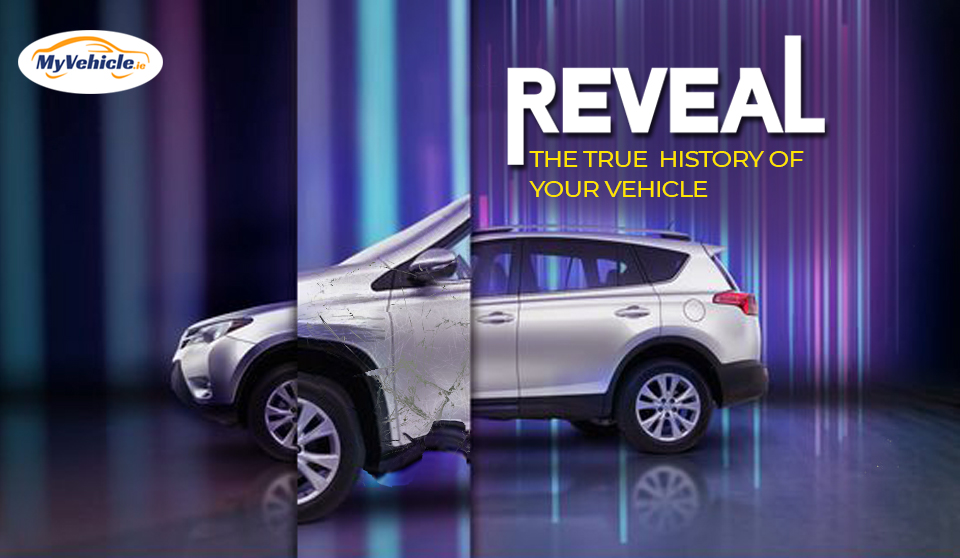What to do if you were sold a written-off car
Even the most experienced car buyer can fall victim to buying a badly repaired or written off vehicle. Fortunately, there are regulations in place to protect buyers should they end up buying a car which they later discover has been accident damaged or isn't otherwise roadworthy.
Before you buy, it’s important to know what protection is available, and to whom it applies to.
Before You Buy a Used Car
As will all used car purchases, due diligence from the outset will give a potential buyer the best chance to avoid buying a crashed or written off vehicle. It is essential to apply all of the usual visual and mechanical checks as well as cross checking the vehicles documentation.
If possible, have the car inspected and test driven by a mechanic, vehicle engineer or other automotive professional.
A car history check is also an essential tool in establishing the previous history of the car such as write-off status, mileage, previous owners and much more.
Buying from a Dealer versus a Private Seller
Consumer legislation in relation to used cars falls under the sale of goods act and is enforced by the Competition and Consumer Protection Commission (CCPC). Whether you buy from a used car dealer or a private seller, it’s important that you know the difference in terms of your rights as a consumer.
Under current consumer protection law, it is illegal for a used car trader to give a false or misleading description of a vehicle's condition and/or its history, such as whether it has been accident damaged or written off. When you buy from a dealer, you will most likely have a warranty to fall back on but you will also have the full benefit of consumer protection law should you uncover any issues.
However, it is important to remember that none of these regulations applies to private sellers. In such cases, the onus for establishing the car's condition rests with the buyer. Once you have parted with your cash, you assume responsibility for the car and any underlying problems you may discover later. The term ‘Buyer beware’ is important in this case, and one to remember when buying privately.
If you suspect you have bought a used car
If you suspect that a used car you have bought may have been crashed or written off, you should have the vehicle inspected and assessed by a suitably qualified automotive engineer.
You must report the issue to the CCPC and submit the engineers report along with your complaint. You should also submit any invoice or receipt provided by the dealer at the time of purchase.
Under consumer protection law, a buyer has up to 36 months to report a suspected crashed or written-off vehicle. It is important to notify the CCPC as soon as possible as any delays may adversely affect the ability to investigate the seller and establish the full circumstances of the sale.
You can submit a complaint to the CCPC online here.
Despite the protections available under the law, prevention is always better than cure. This is particularly important where you may not enjoy the full benefit of these laws such as when buying privately. Before committing to buy any used car, a car history check is an essential precaution and may save you thousands in the long run.
Author

Justin Kavanagh
Justin Kavanagh is a recognised leader
in automotive intelligence and vehicle
data supply to the entire motor industry.
He has almost 20 years experience in
building systems from the ground up.
As the Managing Director of Vehicle
Management System, he understands the
need and importance of trustworthy and
reliable vehicle history and advice to
both the trade and the public.
Follow me on LinkedIn
